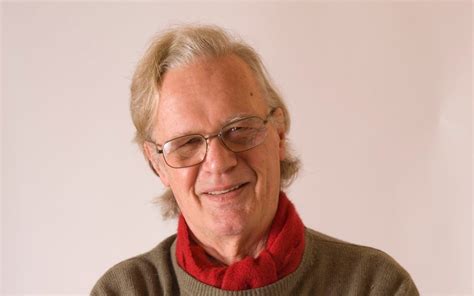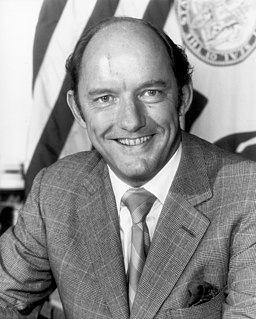A Quote by Sheena Iyengar
I do think that there are cultural differences in the extent to which we value having more and more choice.
Quote Topics
Related Quotes
Given that some social processes must convey inherent constraints, the choice is among various mixtures of persuasion, force, and cultural inducement. The less of one, the more of the
others. The degree of freedom that is possible is therefore tied to the extent to which people respond to persuasion or inducement.
Certainly I have more in common with Bernie Sanders than differences. I think if you had to look for differences, you would find them in foreign policy, where my campaign is perhaps more critical - I would say definitely more critical - of funding for regimes like that of the Netanyahu government, which are clearly war criminals.
It is difficult for some people to accept that love is a choice. This seems to run counter to the generally accepted theory of romantic love which expounds that love is inborn and as such requires no more than to accept it. This theory believes that love is a magical force which frees us from all suffering and solves every problem, that it is an end unto itself. To a limited extent, there may be some truths to each of these beliefs, but having the capacity to love is not the same as having the ability to love.
When future generations look back on the global-warming scare of the past 30 years, nothing will shock them more than the extent to which the official temperature records – on which the entire panic ultimately rested – were systematically “adjusted” to show the Earth as having warmed much more than the actual data justified.




































